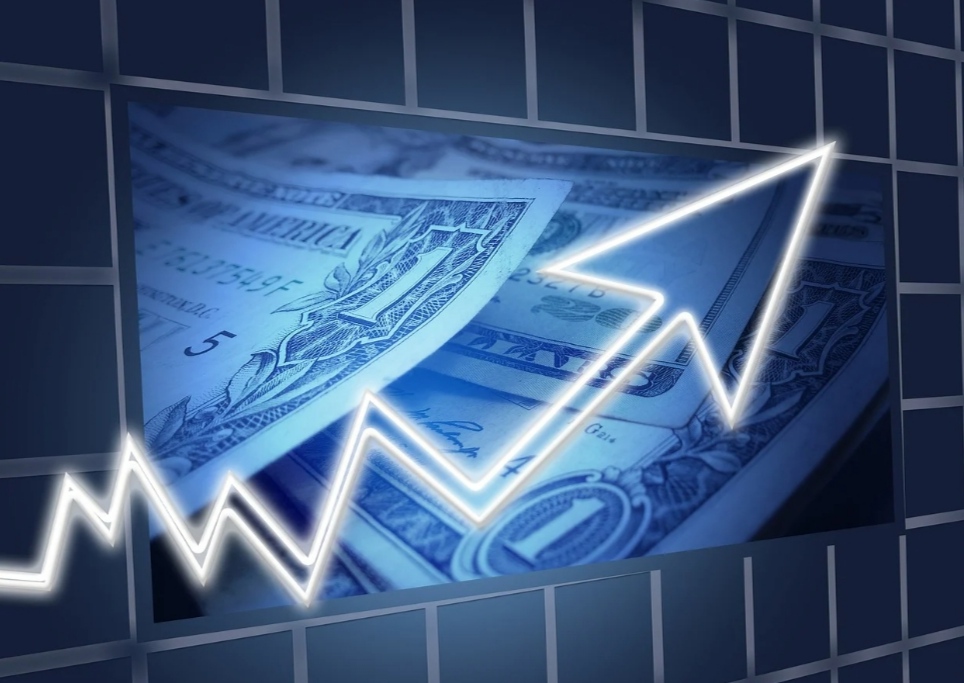WHAT IS DEMAND IN MANAGERIAL ECONOMICS?

- Demand means a desire. Demand is a want which needs to be fulfilled. It is an urge to have something.
- In Economics, demand means a desire which is backed by willingness and ability to pay.
- DEMAND = WILLINGNESS + ABILITY TO PAY

WHAT ARE THE DETERMINANTS OF DEMAND?
1. Price: The price of any given commodity determines its demand to a great extent. Consumers prefer to purchase a product in relatively large quantities when price of a product is less and purchase a product in small quantities when price of a product is high. There is an inverse relationship between demand of a commodity and the price.
2. Income: income is the purchasing power of the consumer which decides the demand for a commodity. Rise in income will lead to a rise in demand and a fall in income will lead to a fall in demand for the commodity. Hence, there is an inverse or a negative relationship between income and price of a commodity.

3. Anticipation: If a consumer expects the price to decrease in future he or she will buy less in the present at the prevailing prices. On the other hand, if he or she expects the price to rise in future there will be more purchase at the current price.
4. Advertisement: Effective advertisements, sales promotion tend to change the preferences of the consumers and lead to demand for many products.
5. Tastes, preferences: Tastes and habits of a consumer influence the demand for a commodity. If a consumer likes to consume chocolates or tea he or she will demand more of it. For example; when a new fashion hits the market the consumer demands that particular type of commodity, similarly if it goes out of fashion then suddenly the demand for the commodity falls.
6. Level of taxation: High levels of taxation on goods or services lead to the increase in the price of these goods or services. This, in turn would result in a decrease in demand.
7. Demographic variables: Larger the size of the population, greater will be the demand for a commodity and smaller the size of population smaller will be the demand for a commodity.
8. Nature of a product: If a commodity is a necessity and its use cannot be avoided, its demand will continue to be the same irrespective of the prevailing market prices.For example; medicines
9. Prices of substitute goods: If a substitute good is available at a lower price then consumers will demand cheaper substitute good than the costly good.For example; if the price of tea rises, the demand for coffee rises.
10. Price of complementary goods: Change in the price of one commodity will also affect the demand for other commodity.For example; Car and fuel. If the price of fuel rises than demand for the cars will fall considerably.


